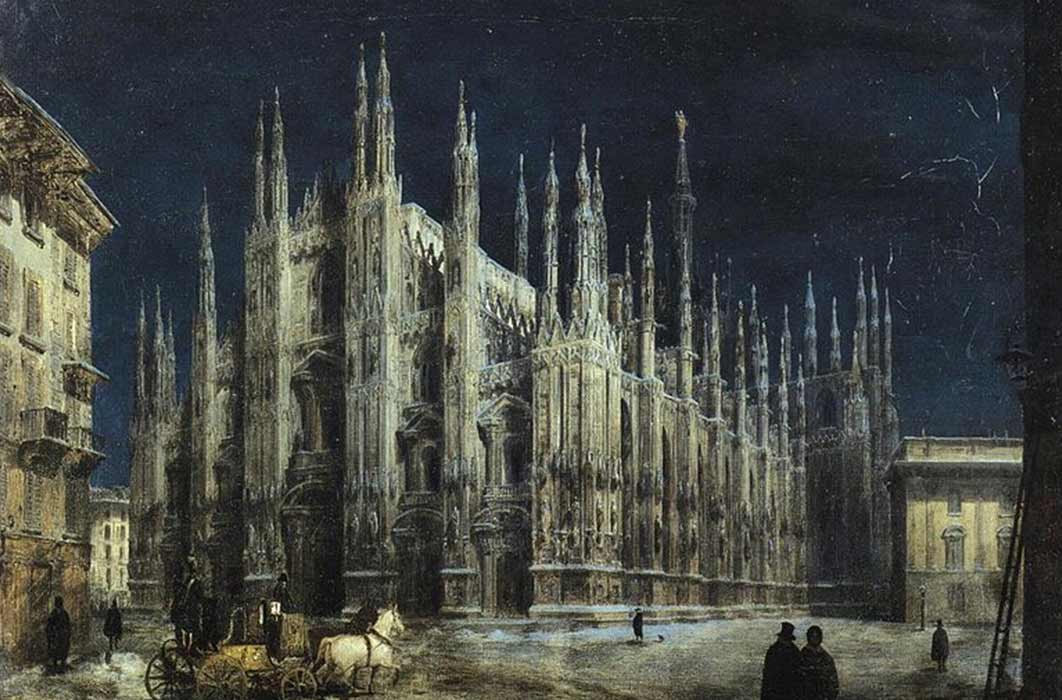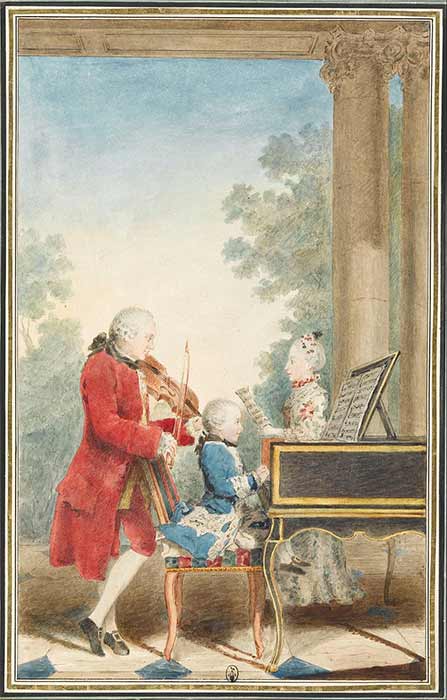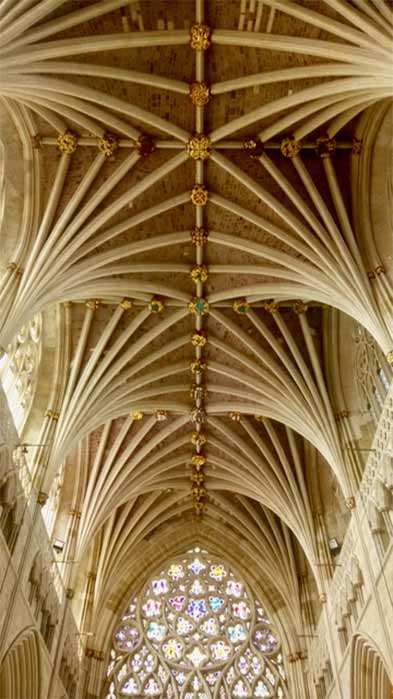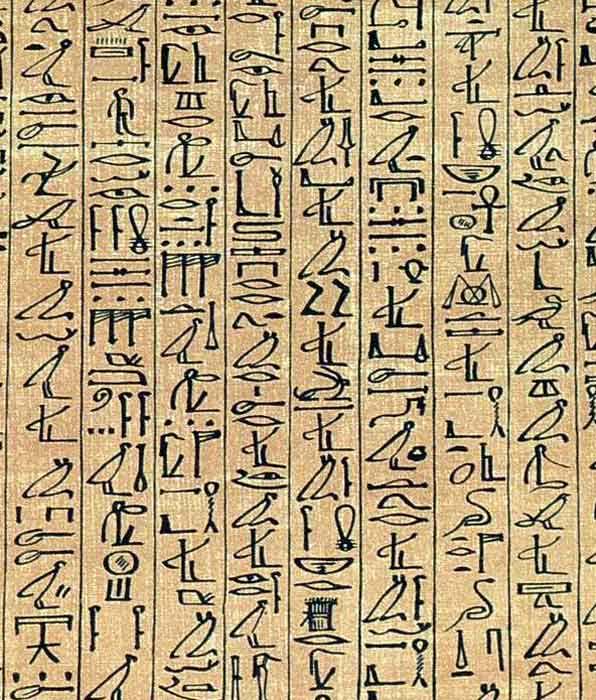
The Ancient Language Of Sacred Sound: The Acoustic Science Of The Divine
It is an astonishing fact that, from the end of the so-called ‘Dark Ages’ and the settlement of Europe, a massive building program took place that was to transform Europe in a hitherto unsuspected way. Shortly after the construction of the Gothic (1130’s AD – 1480’s AD) came to its inevitable conclusion there seems to have been a sudden surge of intellectual and spiritual awareness throughout the coalescing European nation states, one that led to the Enlightenment and to the Age of Reason. The building of the Gothic cathedrals on such a massive and widespread scale is still an economic mystery: How was it achieved, how was it funded and how was the actual construction achieved with such extraordinary impact from seemingly out of nothing? How did it, quite literally, alter human society?

The Mozart family on tour: Leopold, Wolfgang, and Nannerl by Carmontelle (c. 1763) (Public Domain)
The answer is a hitherto unsuspected one: For these extraordinary sacred spaces altered humankind’s mind, they transformed consciousness and this, in turn, led to a renewed energy the like of which Europe has not seen in the centuries since. The only other comparison that might be made, is in the rise of the great Egyptian pyramids, and there is an amazing, but intimate link, one confirmed by rigorous scientific analyses at these sites. The phenomenon, is sound in the form of resonance, the effect is a subtle one, but nonetheless sublime. Man’s ability to record these things is the outcome of the whole.

Interior of Exeter Cathedral (Image: Courtesy David Elkington)
Resonating Sound In Script
The thesis is this: human beings, it seems, have a natural urge towards spirituality and the need to grow inward and towards it as an expression of wisdom. Humans have a need to know where they came from and why: this is curious – for the word ‘religion’ means ‘to bind back’ (to the source). Could it be that religion is, in effect, an ancient language of scientific expression? What if a thing that is taken for granted - so much so, that it is rarely given a second thought - was not a human invention at all, but a response by humans to their environment, a response inbuilt into the human brain? The reference, of course, is to writing - to script.
- Ancient Alphabetic Script Found in Israel Fills Gap in Historic Record
- The Power of Sound Rediscovered in Prehistoric Barrows and Coves
- Musick Moves Inanimate by Magick Numbers and Persuasive Sound
In April 2021 it was announced by archaeologists that evidence of one of the earliest known urban usages (1450 BC) of the alphabet had been discovered in the Holy Land, demonstrating that, from a point of origin, this extraordinary development in human affairs, was to become the biggest cultural phenomenon of all. And the point of origin? The temple of Hathor at Serabit el-Khadim - not very far from Mount Sinai. The key word here is ‘temple’.

The first alphabetic script was from Egypt and was likely an adaptation of Egyptian script shown here by Canaanite slaves who had a spoken language of their own but no written language. British Museum ( Public Domain )




